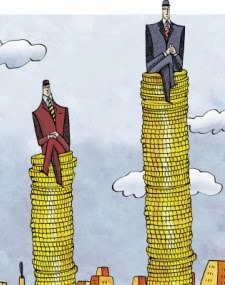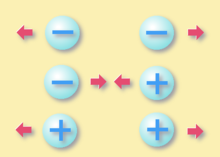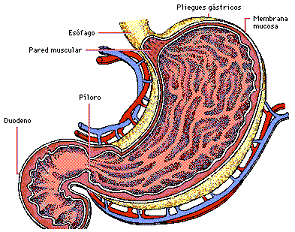 When it comes to supply and demand we are in the sphere of economics. Supply and demand are related to prices, wages, the market, and the economy in general.
When it comes to supply and demand we are in the sphere of economics. Supply and demand are related to prices, wages, the market, and the economy in general.
The law of supply and demand
The economic system that governs the economy is capitalism and the set of economic activity is known as the market, which is governed by supply and demand. Demand is the amount of goods or services that consumers are willing to purchase in the market. Supply is the quantity of goods or services that can be sold at a given price at a given time. From the relationship between supply and demand, the price of a product or service arises. This means that if there is a great demand for a product and few offers, the price tends to rise, but if there is a lot of supply for a product, the price of the product tends to fall. This mechanism is known as the law of supply and demand.
The law of supply and demand is quite intuitive. It tells us that companies will be willing to offer at low prices very little quantity of something but at higher prices it will offer more quantity of a product. In other words, by increasing the sale price a company will be willing to sell more. However, with respect to demand something different happens, since the consumer will be willing to consume a lot if there are low prices and will consume little if the prices are high.
In this way, if we put together the mechanism of supply and demand in a graph that expresses its evolution, it is observed that there is a point at which both questions come together, so that supply is equal to demand.
 This implies a situation of market equilibrium, in which consumers and sellers reach a kind of natural agreement on the final price of a product. Obviously, such an agreement does not exist in reality, but rather the dynamics of the market itself.
This implies a situation of market equilibrium, in which consumers and sellers reach a kind of natural agreement on the final price of a product. Obviously, such an agreement does not exist in reality, but rather the dynamics of the market itself.
The law of supply and demand is in turn related to the changes and transformations that affect the economy. Suppose a technology undergoes a significant improvement. In this case, this circumstance will affect the price of said technology (the technological product will be sold at a lower price and in a greater quantity). Let's take a concrete example: if a more effective robot is used in the automotive industry to build vehicles, it will be possible to reduce the cost of each car and sell it at a lower price while producing more units.
Photos: iStock - mihailomilovanovic / milindri









